Social Learning and Peer Influence in Smallholder Commercialization
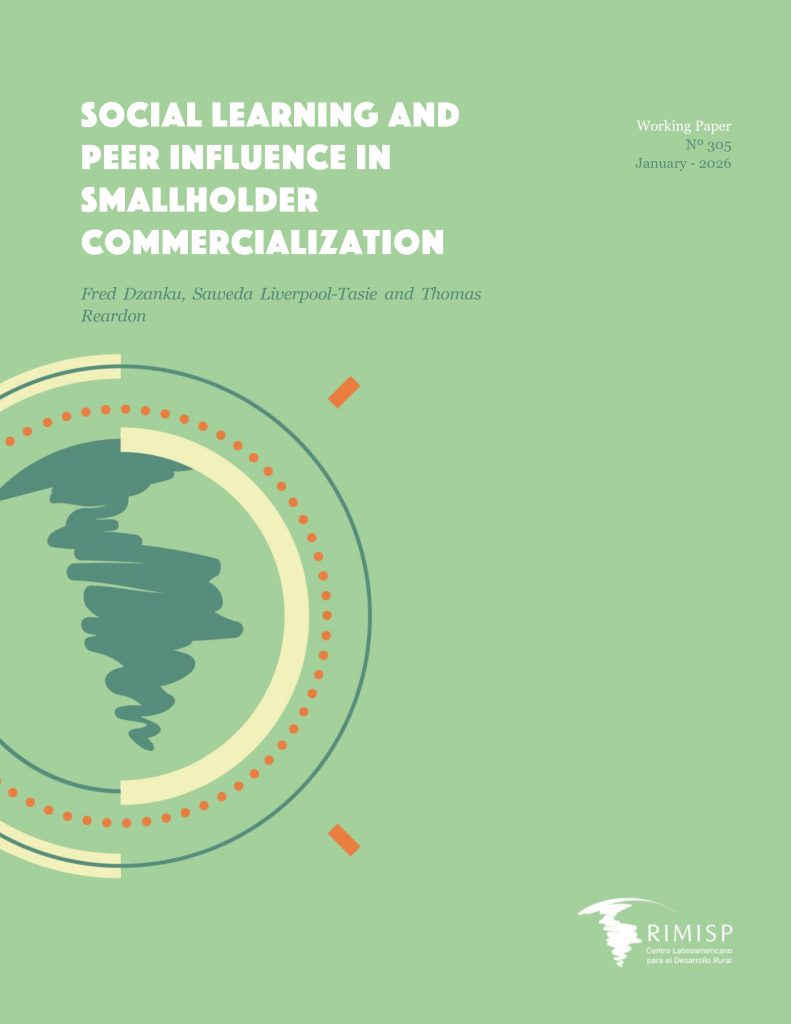
This paper examines how peer behavior influences small-scale producers’ (SSPs) decisions to purchase inputs and sell outputs in six sub-Saharan African countries. Using comparable nationally representative panel data and a correlated random effects framework, we assess the extent and shape of social interactions driving input and output market participation.
Welfare and Opportunities for Small-Scale Producers and MSMEs in Rural Africa: An Econometric Analysis
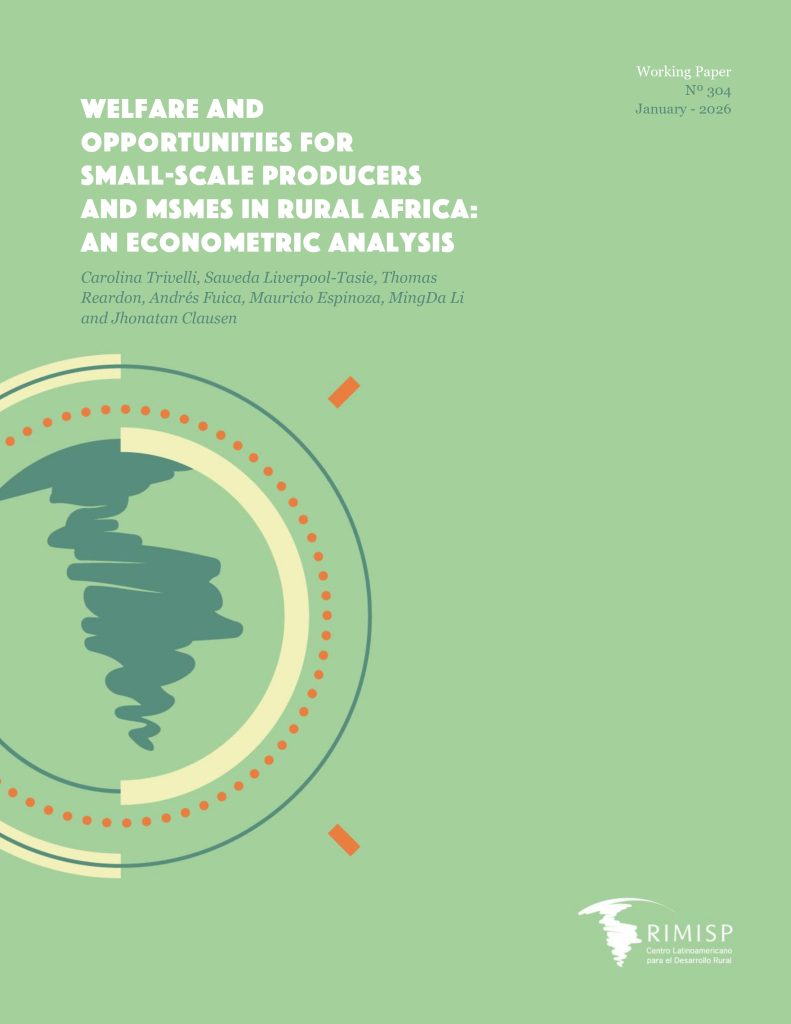
This study examines how participation in commercial agriculture and micro, small, and medium enterprises (MSMEs) is associated with inclusive development outcomes for small-scale producers (SSPs) across six African countries representing diverse income levels.
The hidden middle of agrifood systems: a systematic review of leading authors and policy recommendations
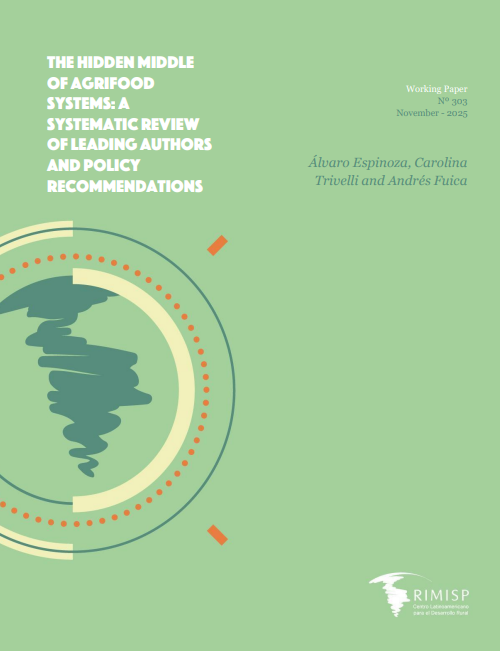
This report synthesizes the literature on the Hidden Middle of agrifood systems-the midstream segment that connects producers to markets through processing, logistics, and intermediation.
Evidence Review: Investments and Policies in Agrifood Chain Linkages
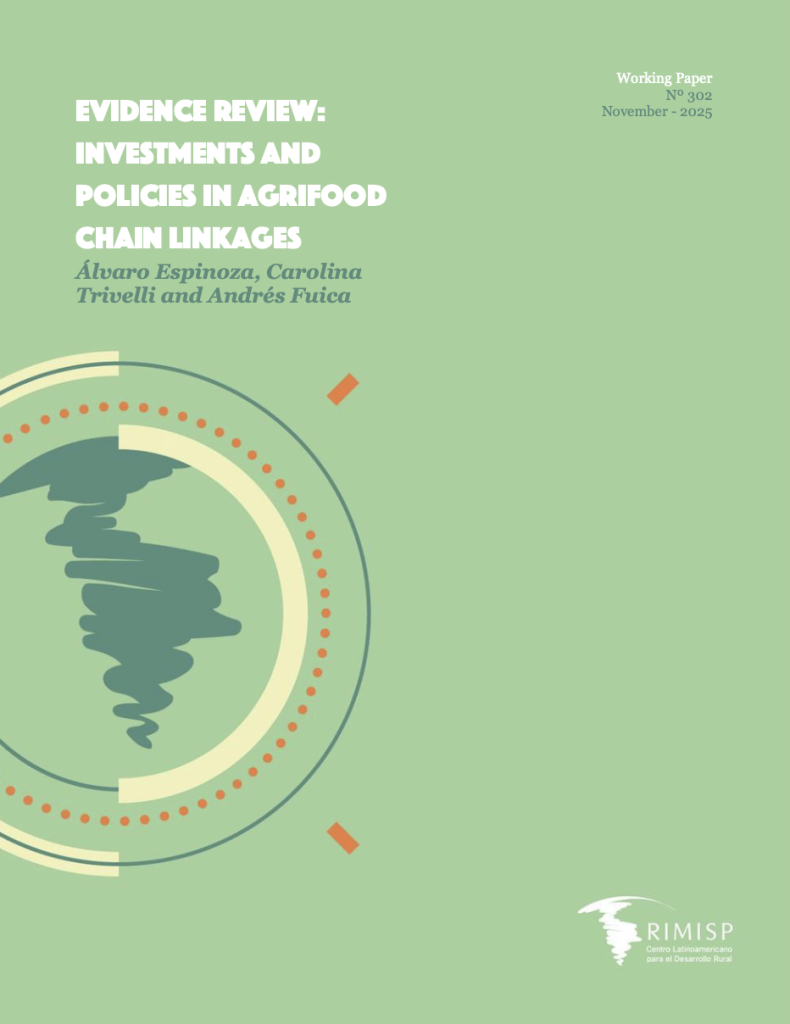
Agrifood systems are increasingly shaped by activities beyond the farm gate, yet the midstream and
downstream segments-known as the hidden middle-remain severely under-researched. This paper
presents a review of 276 impact evaluations and systematic reviews to assess what is currently known
about effective policies and programs targeting the hidden middle in low- and middle-income
countries. While 52% of the studies focus on smallholder-oriented interventions and 21% on public
goods, only 27% address the hidden middle, and nearly half of these concern contract farming-a
mechanism designed to bypass intermediaries rather than strengthen them. Most intervention
categories in the midstream and downstream are supported by fewer than four rigorous studies.
Moreover, services like storage, training, and market information are evaluated almost exclusively in
the context of producers, ignoring the micro, small, and medium enterprises (MSMEs) that dominate
the hidden middle. The paper concludes that addressing this evidence gap is essential to designing
inclusive, resilient agrifood systems and calls for a shift in research and policy focus toward the actors
and services that connect farms to markets and consumers.
Fostering the participation of indigenous families and communities in agroecological transitions: Experiences from three territories in Bolivia, Guatemala and Mexico
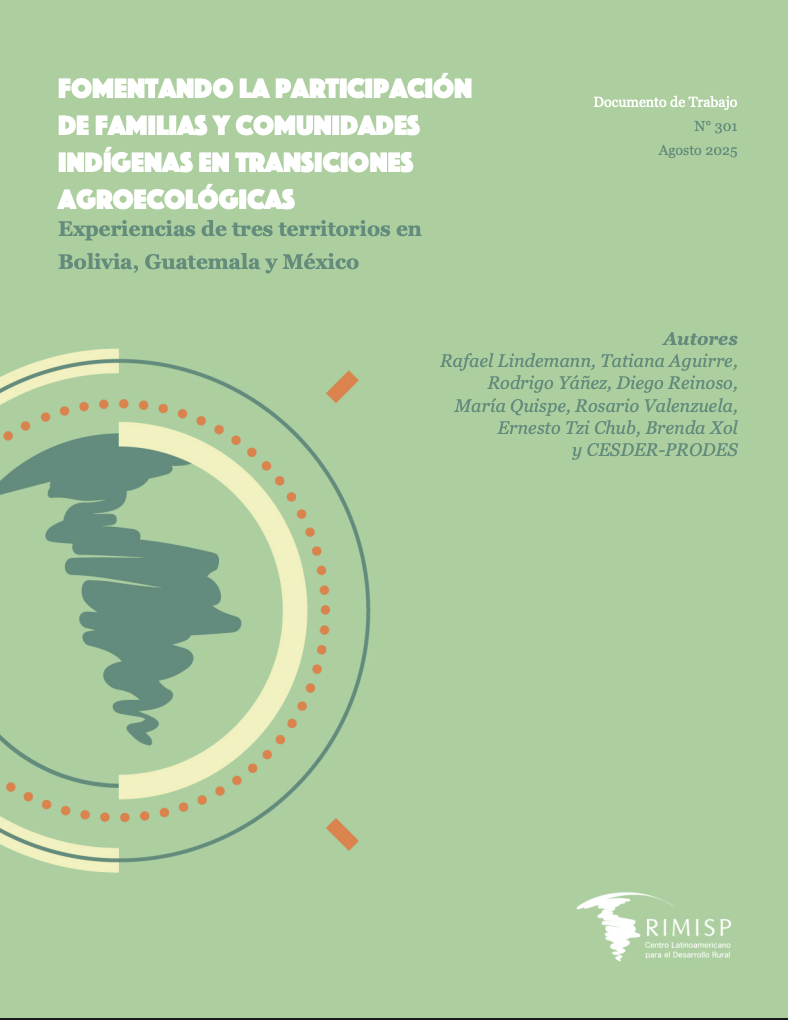
Agroecology distinguishes itself from other approaches to sustainable agriculture by focusing on the protagonism of family farmers and peasant and indigenous grassroots organizations in the processes of food systems transformation. This study explores various strategies to promote the participation of these communities in agroecological transitions in indigenous territories in Mexico, Guatemala and Bolivia.
Indigenous agro-food systems in transition: Experiences from three territories in Bolivia, Guatemala and Mexico

This study explores the dynamics of indigenous agri-food systems in transition in three Latin American territories: Sierra Norte de Puebla (Mexico), Alta Verapaz (Guatemala), and Torotoro (Bolivia). Through surveys of 569 indigenous farmers, it examines how local communities respond to the pressures of climate change, socioeconomic vulnerability, and market integration. The results reveal high levels of pluriactivity, self-production of food for household consumption, and significant dependence on local markets, along with increasing environmental risks such as drought and soil degradation. In the context of adverse conditions, households maintain agroecological practices such as crop diversification and the conservation of native seeds, while using conventional agricultural inputs to maintain productivity. The findings illustrate that indigenous agri-food systems are not static but rather adopt hybrid strategies that combine tradition and modernity to ensure livelihoods and food security in increasingly uncertain contexts.
The Four Indigenous Directions: Towards a Governance of Planet Earth in Balance

This document is based on Ken Paul’s presentation on sustainable governance of planet Earth and
the oceans for the meeting “Transformation of food systems: perspectives of indigenous peoples
and nations of the Americas” held in Yunguilla, Ecuador, with the participation of representatives
of indigenous peoples and nations of the Americas.
Indigenous Rights in Latin America: Main Tools and the Challenges of their Implementation

This document is based on Kelly Ulcuango’s presentation on indigenous rights for the meeting
“Transformation of food systems: perspectives of indigenous peoples and nations of the Americas”
held in Yunguilla, Ecuador, with the participation of representatives of indigenous peoples and
nations of the Americas.
Between the desire to act and the reality of achieving the objective. Tensions of indigenous rural youth regarding agroecology
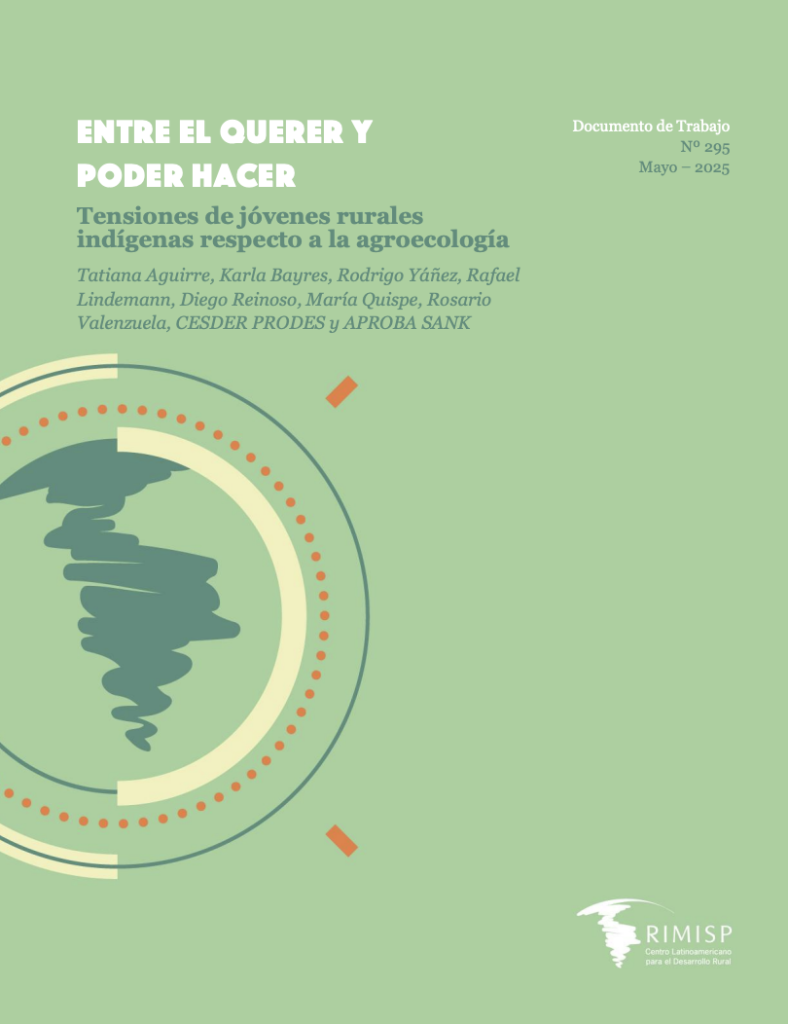
This study explores the tensions faced by rural indigenous youth in Latin America with respect to agroecology in three territories: Sierra Norte de Puebla (Mexico), Alta Verapaz (Guatemala) and Torotoro (Bolivia). The objective was to understand how these young people perceive agroecology and the barriers they face in implementing it. A qualitative methodology was employed, including participatory visual techniques (photovoice) and semi-structured interviews with 22 youth who participated in a leadership training program. Key findings revealed four critical problem areas: (1) the conflict between the desire for healthy, chemical-free agriculture and the predominant use of agrochemicals; (2) the gap between learning agroecological techniques and the lack of land or decision-making power to apply them; (3) valuing traditional food systems while increasingly consuming processed foods; and (4) skepticism about the scalability of agroecology amidst generational disenchantment with rural life. The study highlights the need for policies that address access to land, inclusion of youth, and innovative approaches to make agroecology viable for younger generations.
Analysis of interviews with young coca and poppy growers in Colombia, Ecuador, Mexico and Peru.
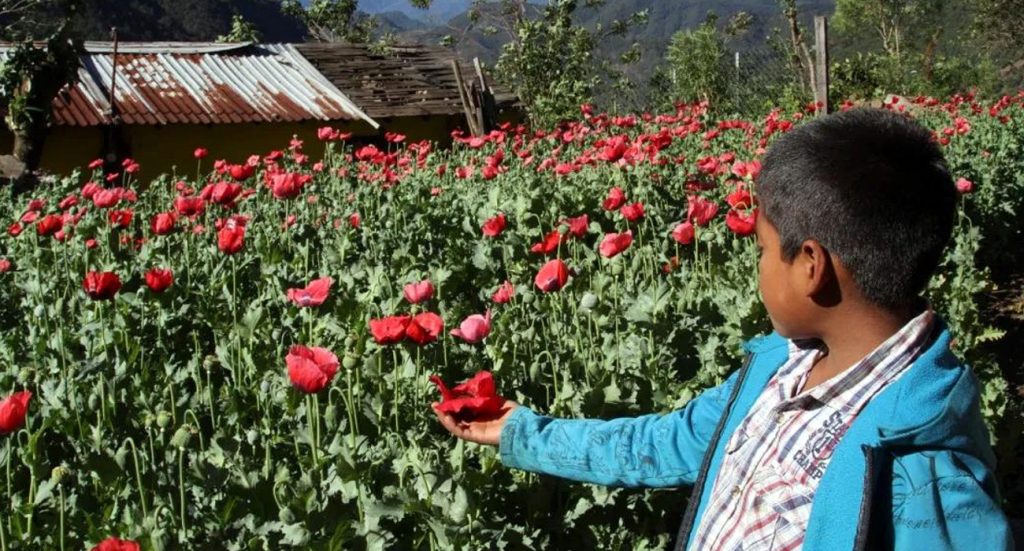
The document presents the main results and findings in interviews realized to 38 young coca and poppy growers. This research was carried out in four Latin American countries: Colombia, Mexico, Ecuador, and Peru. The objective was to identify the main characteristics of these young people, as well as understand the incentives and contexts that encourage them to stay in this activity or to make a change in the future. Besides, we identified similarities and differences in the conditions of the participants among these countries.